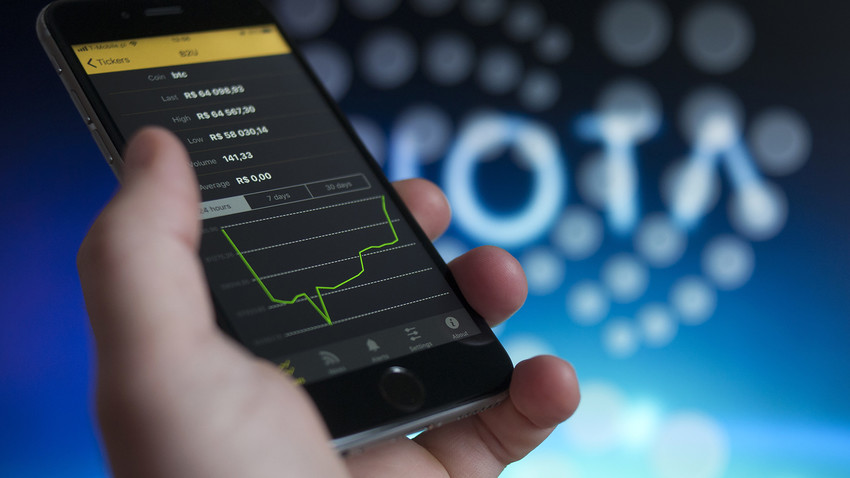
Russian authorities are determined to solve crucial ICO issues in 2018. On Dec. 28, the Finance Ministry submitted a draft law regulating Russia’s cryptocurrency market.
Jaap Arriens/Global Look PressAccording to the Russian Association of Cryptocurrencies and Blockchain, 25 percent of projects that announced an ICO in 2017 ended in failure. Some were inherently weak from the start, while others faced internal organizational problems. By year's end, many projects were unable to reach fundraising targets.
"The number of failed ICOs can be explained by the fraudulent nature of some projects, as well as the lack of a clear plan how to develop after they would have raised the capital," said Alexander Shevtsov, founder of Jury.Online, the ICO assessment platform.
Many projects viewed raising funds on crypto-markets as a viable alternative to venture capital.
"In its first year SONM had some good partners, and now the team is working with large market players in decentralized storage," said Julia Plavnik, an expert in crowdfunding and tokenization at BoatPilot. "The project has excellent marketing, holds open Q&A sessions, and most importantly, the team is very attentive to investors and committed to the project."
Another blockchain-based project that made headlines in 2017 was the Russian Mining Center (RMC), co-founded by Internet ombudsman, Dmitry Marinichev. The project is creating a processing unit that could increase mining efficiency tenfold. RMC raised $43.2 million, a record amount for a Russian ICO, but still far less than its $100 million
According to Shevtsov, the end of 2017 saw a new trend: the appearance in Russia of many startups offering services to analyze ICOs.
"They are trying to reduce investor risk by identifying scammers or projects that won’t fly because of the team’s low level of experience," Shevtsov said. "They solve problems by reserving funds in smart contracts or by trust management."
Russian authorities are also determined to solve crucial ICO issues in 2018. On Dec. 28, the Finance Ministry submitted a draft law regulating Russia’s cryptocurrency market and ICOs to the State Duma, Russia’s parliament.
According to the
If using any of Russia Beyond's content, partly or in full, always provide an active hyperlink to the original material.
Subscribe
to our newsletter!
Get the week's best stories straight to your inbox